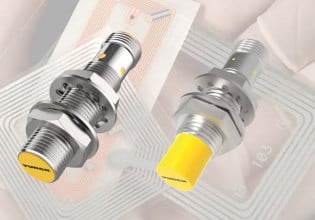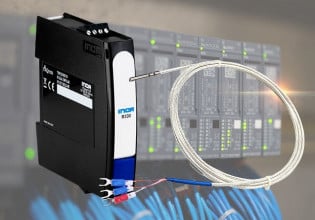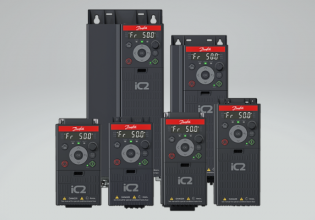C
I want to know what is the proper way one has to follow when dealing or converting a stand alone PLC to a network of PLC in a plant using a normal computer network and TCP/IP to control a plant from Unix or VMS workstations. Is ther a guideline. Are there special ways to do this or is it a common practice. Would just a firewall provide adecuate security or more drastic measures have to be taken for the PLC's on our network.
In reference to a previous posting, involving the Siemens 545 PLC, a Unix or VMS workstation, and development of an NITP protocol to communicate through a CTI2572 ethernet, the isuue of protection against hacker attacks came up. We are going to incorporate this card into aour normal computer network. The security of our plant, personnel and ecquipment is an issue that came up. I am asking from the PLC community to guide me to find perhaps a document can shine some light to this problem. I need information that explains how to handle such security issues, what are the critiria that influence the topology of the network in installations of PLCs in large plants such as ours. How can we ensure that the plant or personnel here won't be compromised my a malishous attack into our computer network? Are there any new measures besides a regular firewall? Are there eny documents out there that can inform me about the techniques that are implemented for plants that use a network of PLC's hooked up by a common etherenet medium. Are there any records of instances that a plant's PLC have been compromised by a hacker and the domain that certain plc control was at the mercy of a hacker?
Please advise.
Thank you in advance.
Any link to a site or a related PDF file would be helpful.
In reference to a previous posting, involving the Siemens 545 PLC, a Unix or VMS workstation, and development of an NITP protocol to communicate through a CTI2572 ethernet, the isuue of protection against hacker attacks came up. We are going to incorporate this card into aour normal computer network. The security of our plant, personnel and ecquipment is an issue that came up. I am asking from the PLC community to guide me to find perhaps a document can shine some light to this problem. I need information that explains how to handle such security issues, what are the critiria that influence the topology of the network in installations of PLCs in large plants such as ours. How can we ensure that the plant or personnel here won't be compromised my a malishous attack into our computer network? Are there any new measures besides a regular firewall? Are there eny documents out there that can inform me about the techniques that are implemented for plants that use a network of PLC's hooked up by a common etherenet medium. Are there any records of instances that a plant's PLC have been compromised by a hacker and the domain that certain plc control was at the mercy of a hacker?
Please advise.
Thank you in advance.
Any link to a site or a related PDF file would be helpful.






